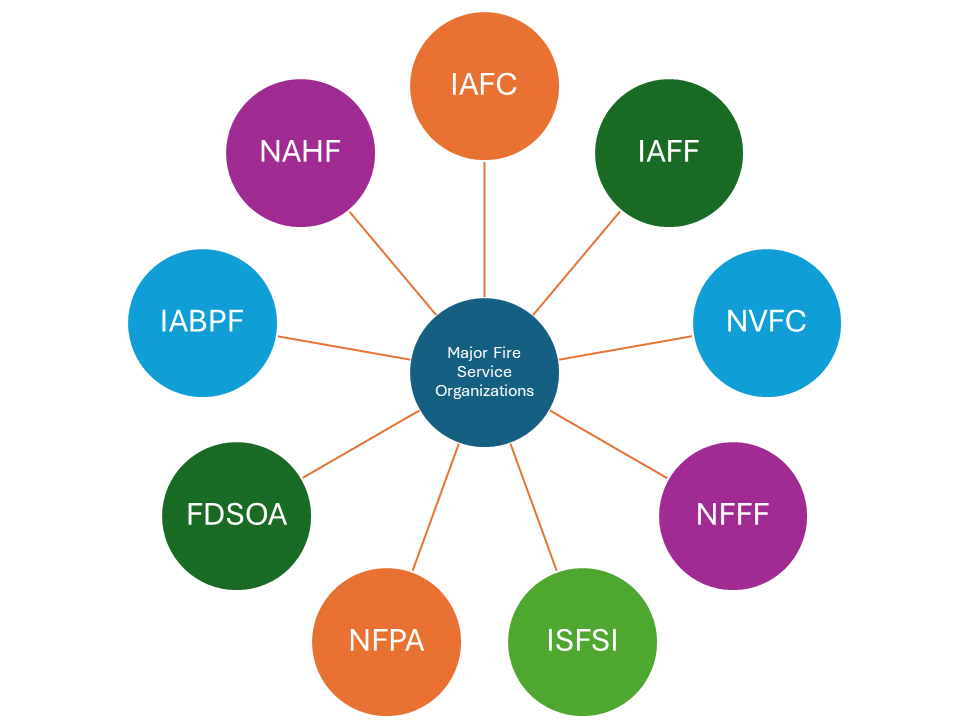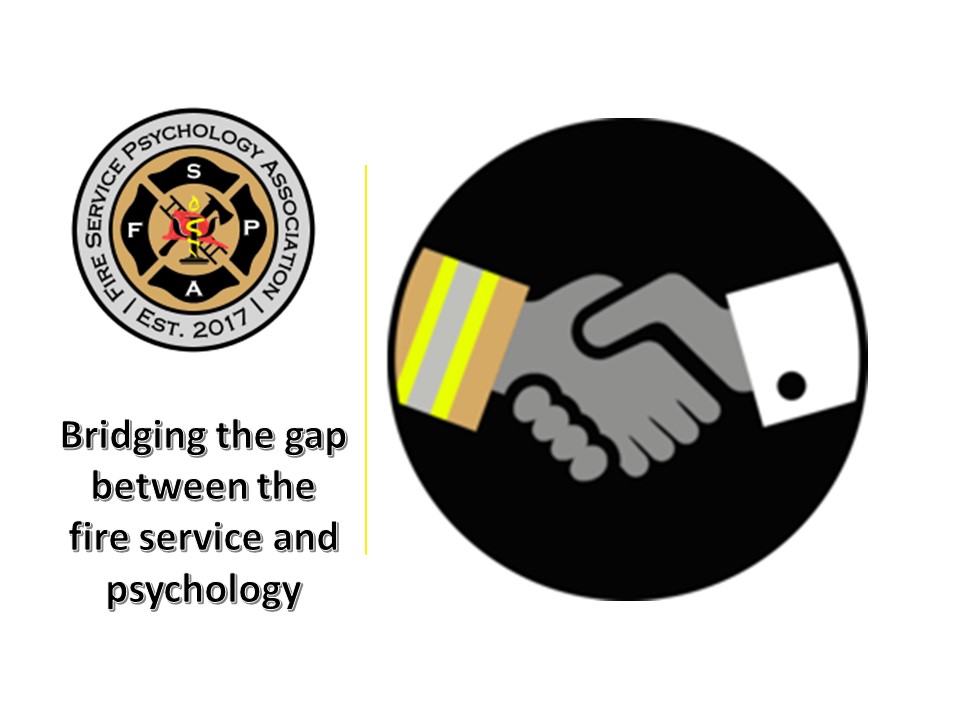By: Robert Avsec, Executive Fire Officer
Introduction: The Unseen Sister
In the discussions about firefighter mental and behavioral health what’s needed, there’s a long-lost sister—a quiet advocate working tirelessly behind the scenes. Her name? Fire Service Psychology Association (FSPA). Dr. Kristen Wheldon, Psy.D is the President and Founder of FSPA, and has been championing her cause, but why haven’t the major fire service organizations rushed to embrace FSPA? Let’s explore this intriguing question.
- Systems and Stakeholders
Fire service and EMS providers operate within intricate systems—local, regional, and national frameworks that dictate their actions. Yet, unlike many other industries, the U.S. Fire Service lacks a dedicated regulatory authority overseeing its activities. While the U.S. Fire Administration collects data, promotes fire education, and conducts research, it doesn’t serve as a regulatory entity. Instead, local authorities having jurisdiction (AHJs) determine standards within their operational protocols. - The Nine Sisters and the Missing Voice
Within the hallowed halls of Washington, D.C., prominent fire service stakeholders (e.g., IAFC, IAFF, NVFC, NFFF)—often referred to as the “Nine Sisters”—advocate to Congress on behalf of the fire service. These influential voices shape policies and funding decisions. But here’s the gap: The psychology community is conspicuously absent from these spheres. While firefighters, chiefs, and equipment manufacturers have their seats at the table, fire service psychologists remain on the outside looking in. - Psychology as a Regulated Profession
Psychology, unlike the fire service, operates within a regulated framework. Each state or province has its legislation governing licensure and practice. Just like lawyers, optometrists, and medical doctors, psychologists adhere to professional standards to safeguard the public. Yet, when it comes to fire service mental health, there’s no established scientific community of fire service psychologists represented in the national dialogue.

The Bridge We Need
So, why should the major fire service organizations embrace the FSPA and its mission? Here are five compelling reasons:
5. Safeguarding Mental Health: Firefighters face trauma, stress, and emotional strain. Fire service psychology provides tools to protect their mental well-being. By joining forces, organizations can prioritize mental health support for their personnel.
4. Optimizing Organizational Performance: A resilient workforce performs better. Firefighters who receive psychological support are more effective, efficient, and adaptable. The FSPA offers evidence-based strategies that enhance overall organizational performance.
3. Enhancing Safety Outcomes: Mentally healthy firefighters make safer decisions. When fire service leaders actively engage with the FSPA, they contribute to a culture of safety—one that benefits everyone, from rookies to seasoned veterans.
2. Legal and Professional Compliance: Fire service organizations must meet legal and professional standards. Incorporating fire service psychology ensures compliance, reduces liability, and demonstrates commitment to ethical practices.
1. NFPA Standards are Not the Answer: The NFPA’s development of concensus standards works well for creating standards for fire apparatus, protective equipment, and all the other equipment and tools firefighters need to do their job safely, effectively, and efficiently. But the fire service does not need, nor does it deserve, a consensus standard for firefighter mental and behavioral health programs. Do firefighters write policies and procedures in your fire department?
Any national standard must be evidence-based and be developed by fire service leaders and psychologists as equal partners. Psychologist are the only mental health professionals who have the requisite education, training, and experience in the five domains of psychology–as recognized by the American Psychological Association (APA)–assessments, intervention, industrial/organizational, operations, and consultation to develop such a standard. A standard that provides psychologists and fire chiefs with the necessary guidelines to ensure that mental and behavioral health programs for firefighters are legal and ethical.
Read More: Researchers should not be developing mental health care strategies for firefighters
In summary, adopting fire service psychology as a major stakeholder is essential for safeguarding the mental health and well-being of fire service personnel, optimizing organizational performance, enhancing safety outcomes, and ensuring compliance with legal and professional standards. So, let’s “bridge the gap between professional psychology and the fire service,” by inviting the “unseen sister” to the table, and ignite a brighter future for our brave first responders!
If you’d like more information or have other questions, feel free to ask!
 Fire & EMS Leader Pro The job of old firefighters is to teach young firefighters how to become old firefighters!
Fire & EMS Leader Pro The job of old firefighters is to teach young firefighters how to become old firefighters!
